Spoiler Free Review
Have you ever wished as a younger person you had listened to that one good piece of advice form a parent or mentor? As we age, most of us will have to unfortunately deal with facing our own mortality as our parents age, and we become the eldest generation. And taking care of a sick or dying parent is no small task. There are so many things to deal with, funeral arrangements, the estate, possibly becoming the person to keep extended family together at holidays, and in The Tall People, a family curse.
If you’ve read my posts before, you know I don’t read a lot of Horror, (I mostly cover Star Trek, Comics, sci-fi, fantasy and games) but this story stuck with me. For this and other super creepy stories by New England Horror Writers, check out Wicked Sick. And, for lots of local horror and local author readings, you can check out shops like Love Craft Arts and Sciences in Providence.
For more of Catherine’s writing, check out her website.
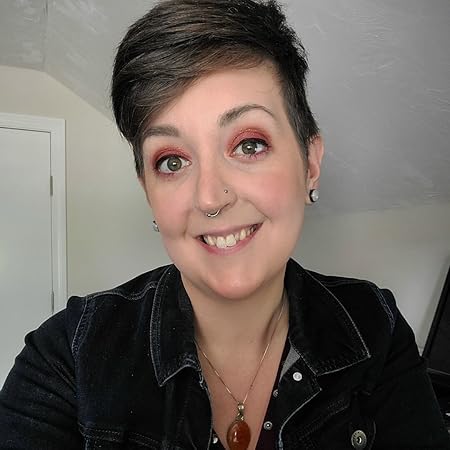
And now on to the Interview:
1. Have you had a big presence at Conventions (ie. Flame Con.)? Either way, how has it been interacting with your fans, whether in person or online?
I’m usually in attendance and on programming at Boskone (February, Boston) and Camp Necon (July, St. Anselm College, NH), and I’m on the programming staff for the author reading track at NecronomiCon (bi-annual in August, Providence, RI). I haven’t really met any fans, I don’t think my work is known enough for that, but I do get compliments from other fellow writers. I handle that by saying “Thank you,” and internally panicking. I’ve found that even really well-established writers take compliments this way, so I’m not terribly embarrassed about it.
2. How does your personal identity and experiences as an LGBT individual influence your creative process and the stories you choose to tell?
The joy of an authentic life definitely informs my writing. Queer people tend to know themselves. We’re more acquainted with our desires and less inhibited by societal norms. I think that exploring our sexuality and gender in a very honest way also makes us hyper aware of the flaws and dysfunctions of heteronormative relationships. So my straight characters are even informed by my queerness, because as pansexual I’ve had visibly “straight” relationships, and I’ve experienced how dissatisfying that dynamic can be as someone who wants a more unconventional life. I’ve written a few stories about women trapped in unsatisfying partnerships, because that was me for a long time.
The suffocating constraints of gender roles are definitely a theme for me, too. I think many women in heteronormative relationships are very tired, and very angry, because they are doing absolutely everything in the relationship and burning out spectacularly. Cishet women go to work, take care of the kids, the home, balance the budget, cook all the meals, and somehow have to find time to not completely lose their autonomy and identity. Then their husbands wonder how it all went wrong when it blows up, somehow ignorant that their partner has been a bonfire of resentment and on the verge of divorcing them for a long, long time. I have no idea how this imbalance is still a thing in 2024, but I see queer relationships as the antithesis of that, and so I have been writing a lot of female characters lately that find support, freedom, and sexual awakening in queerness.
The stories I choose to tell are often about relationships or family dynamics at their core, because even if the greater theme is about something more high-concept, like monsters, the themes of interpersonal relationships with those closest to us really grounds the story and makes it more emotionally compelling. Few people will ever experience a horrific event, but most people can identify with the pain of heartbreak, or of a flawed parent. Queer readers especially identify with complex and painful relationships with family, and I think that’s even more relevant today than it has ever been.
3. Can you walk us through your typical creative process? How do you develop ideas, create characters, and bring your stories to life on the page?
For me, ideas are often a collision of two different things to create something new. I write down my ideas immediately, because my ADHD brain will forget them. Stephen King said that a good idea doesn’t need to be written down, but I find that to be ableist bullshit and encourage people to disregard it. In fact, disregard all advice and do whatever the fuck you want to do that works with how your brain fires.
I outline very loosely for short stories, and for longer work I use Plottr. I use a Freewrite traveler and then put everything into Scrivener when I edit. My outlines are flexible, because I do want the story to develop organically, but I feel like knowing the destination I’m working toward is important for tighter pacing. I don’t agonize too much on the first draft, I just get it out. Later, I’ll go back through and add details, tweak dialogue, clarify action and exposition, and make sure the prose flows well.
Characters are usually an amalgamation of people I know and the person the story demands. I write a brief character sketch, and depending on how clear they seem to me, I might fill out a questionnaire about them to get to know them better. Basing them off an actual person is easier and creates depth and realism. If anyone recognizes themselves, I will deny it. They usually don’t.
It’s important to emphasize that no creative is amazing at everything. My action scenes aren’t great. I don’t have very strong world-building skills. I work within the boundaries of what I’m good at, and try to improve everything else with less urgency. The comment I get most often is that my stories are emotionally compelling, and I think I do that with realistic characters, good dialogue, distinct voice, and powerful description and imagery. I lean into that strength, and I think it makes me happier than worrying about every element being flawless. The immersion of the reader in the story is what I try to emphasize.
4. Are there any specific comic book artists or writers who have influenced your style or storytelling approach? How have they inspired you?
Stephen King was my first love as far as horror. I started reading him when I was 11, which I think is the origin story of most horror writers my age. He definitely taught me that monsters are a whole hell of a lot scarier when there are more personal stakes and conflict. Octavia Butler taught me how to write dialogue. Her dialogue is immaculate, as is the rest of her writing. I devoured Roald Dahl’s books as a kid. I read Matilda over and over, because I absolutely was that character, feeling very misunderstood and abused. Dahl taught me how powerful stories can be for readers, especially to those who feel isolated.
My favorite author currently is Jeffrey Ford. His stories are beautifully written, and are a masterclass on satisfying endings. Maria Dahvana Headley’s prose is exceptional, just poetry. Nadia Bulkin’s writing is so atmospheric, with a perspective on the world that is unique and compelling. Gemma Files, Gwendolyn Kiste, Lucy Taylor, Margaret Killjoy, Tananarive Due…I could literally go on forever. The fantastic thing about being involved in a writing community is that I meet a lot of mind-blowingly talented people. Read them all, they’re fantastic.
5. How do you envision your work impacting readers, particularly those who identify as LGBTQ+? What messages or emotions do you hope to convey through your stories?
I don’t have any intention with what I put out into the world, even just my casual posts on social media. I wrote a blog post, on a now defunct site, about being a sexually abandoned spouse, and I got a flood of messages basically saying “Thank you for this, I don’t feel so alone.” I’ve received similar messages about being openly queer and non-monogamous on social media. Especially since the pandemic, I think people feel isolated and seek out authentic stories that make them feel like part of a community, even if it is just a community of one and they never physically connect. Queer experiences really are mainstream, or at least they would be if our culture in the United States wasn’t so rooted in white cishet Christian colonialism, which brings with it a rigid gender binary and sexual guilt. I think behind the fear and pushback to that representation is that cishet people are deeply repressed and often don’t know themselves, don’t particularly like themselves, and queer representation touches places in them that are hurting and trapped by fear.
For me, my writing is catharsis. It is pulling stories and emotions from my own body and giving them to the world, because I have to in order to be mentally healthy. I’ve always been a very expressive, open, and vulnerable person. I think telling stories helps me cope with experiences, good or bad. Expression is empowering, because it does influence people in profound ways that are more subtle than a pulpit or podium. Stories burrow deep into us, and there is no better time than now to really push hard for LGBTQIA+ representation in all media and break the perception that queer culture is separate from the experiences that unite us as people. Stories humanize us to one another in a very powerful way, which is the real reason why we see all these book bans and Moms for Liberty screeching about “pornography.” If they were honest, they would say they don’t fear us, they fear themselves.
6. Who is your favorite Federation Captain, and why?
Definitely Strange New Worlds Christopher Pike. He’s the definition of the female gaze. He cooks, is an attentive lover, is hot as hell, and has great hair. Even lesbians like Christopher Pike. As far as leadership, he cares about the well-being of his crew, not just the mission, and takes an active role in their lives.
I’d have to agree with Catherine there. Anson Mount is a taaaaaaallllllll drink of water, although I believe the definition of ‘female gaze’ is lesbians …. I’ll see myself out.

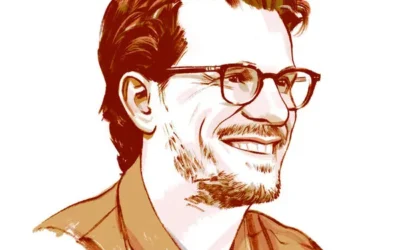
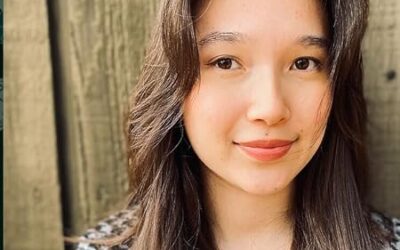
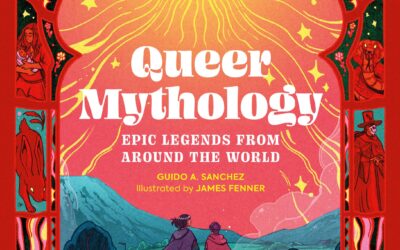
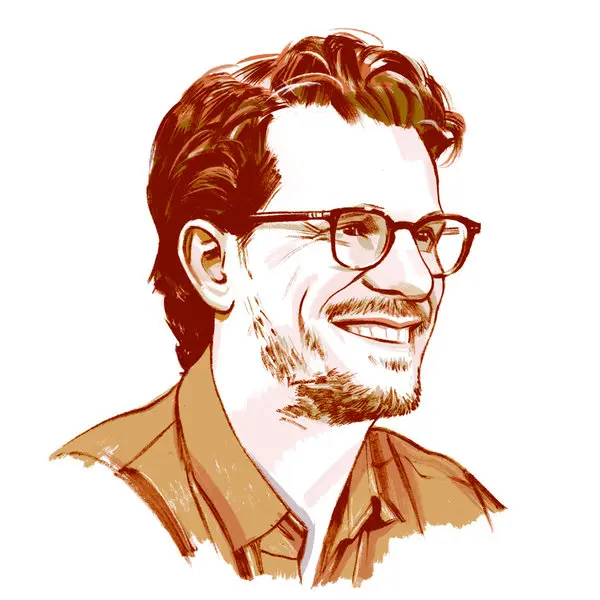
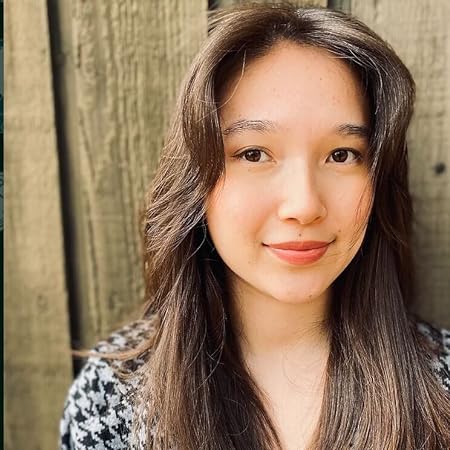
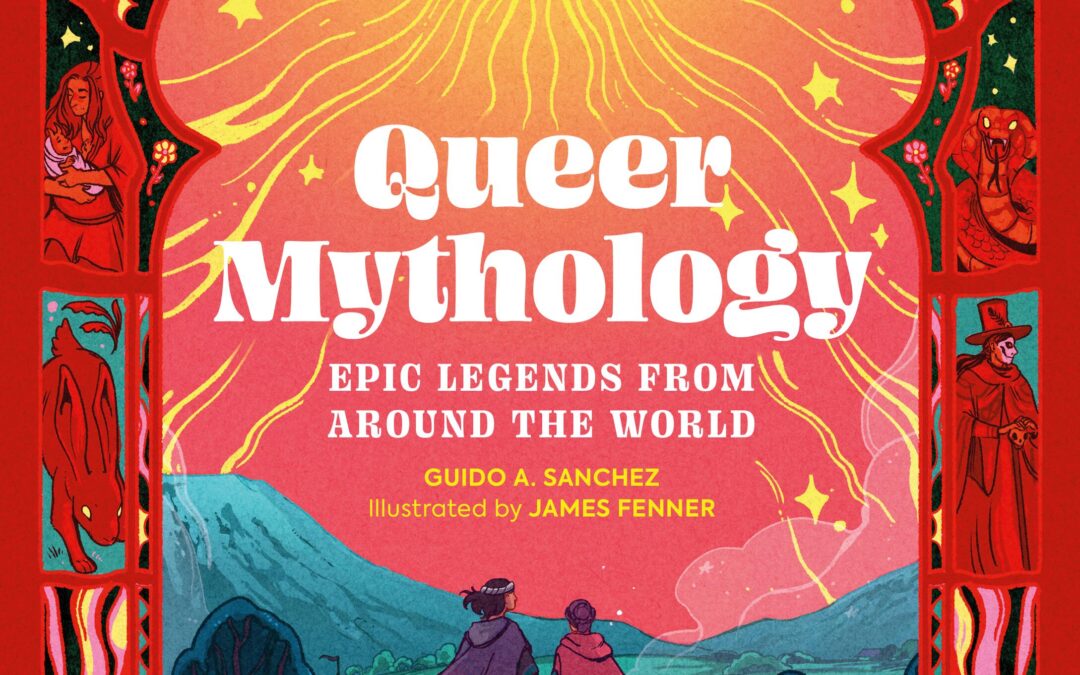
0 Comments